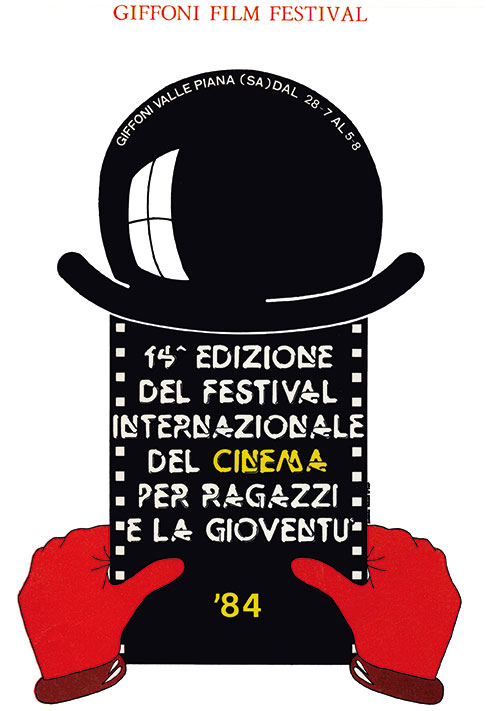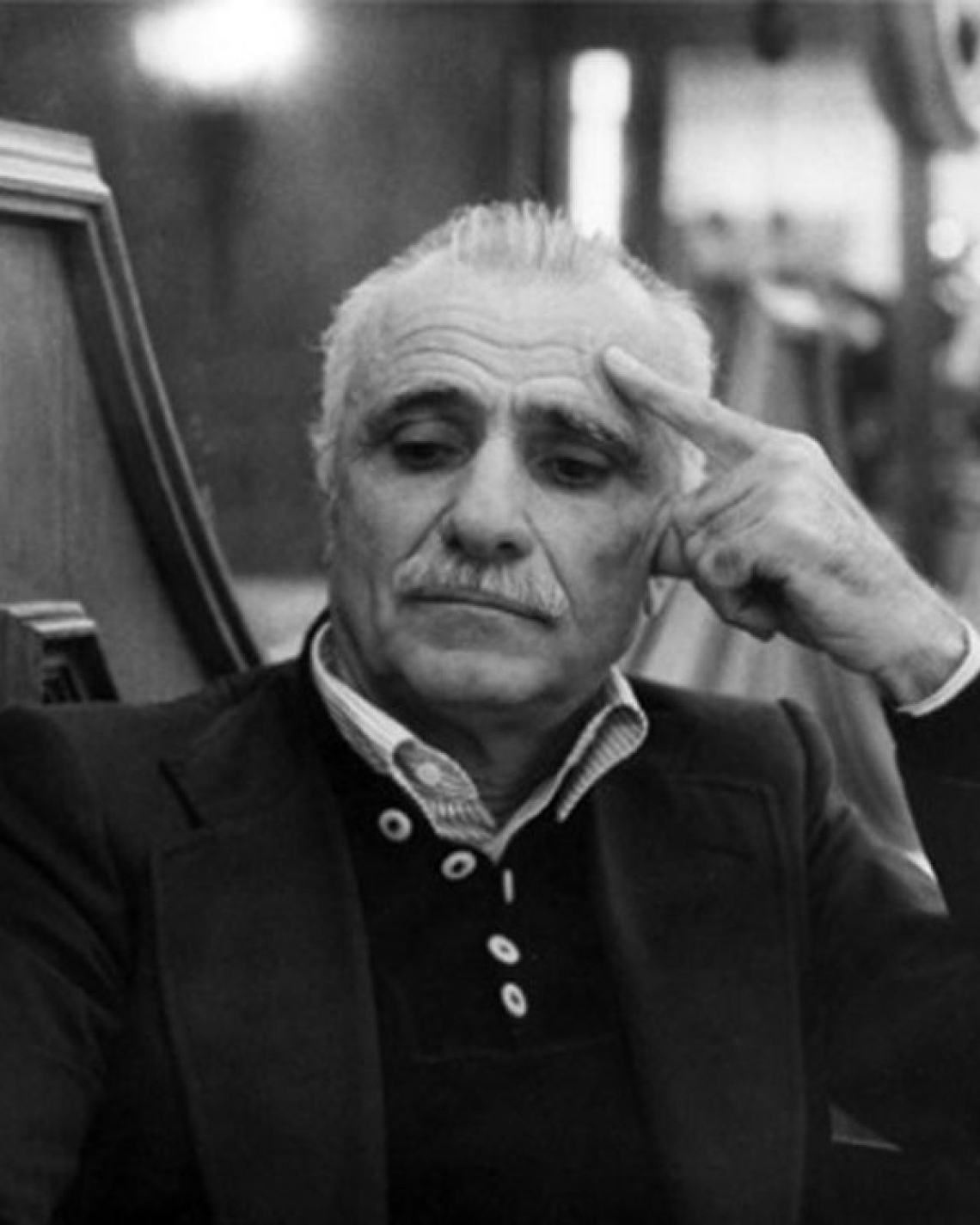Mario Monicelli (Rome, 16 May 1915) is an Italian director and screenwriter and one of the masters of the Commedia all'Italiana (Comedy Italian style). Monicelli was born in Rome and was the youngest son of journalist Tommaso Monicelli. His older brother, Giorgio, worked as writer and translator. Another older brother, Franco, was a journalist. He attended studies in the local lyceum, and entered the film world through his friendship with Giacomo Forzano, son of playwright Giovacchino Forzano, who had been put in charge of the founding of cinema studios in Tirrenia by Benito Mussolini. Monicelli lived a carefree youth, and many of the cinematic jokes he later shot in "My Friends" were inspired by his own experience.
Monicelli made his first short in 1934, in collaboration with his friend Alberto Mondadori. He followed up this work with the silent film "The Paul Street Boys" (an adaptation of the novel), which was an award-winner in the Venice Film Festival. His first feature length work was made in 1937 ("Summer Rain"). From 1939–42, he produced up to 40 numerous screenplays, and worked as an assistant director. Monicelli made his official debut as a director in 1949, with "Totò Looks For a House", along with Steno. From the very beginning of his career Monicelli's cinematic style had a remarkable flow to it. The duo produced eight successful movies in four years, including "Cops and Robbers" (1951) and "Toto in Color" (1952). From 1953 onwards Monicelli worked alone, without leaving his role as a writer of screenplays.
Monicelli's career includes some of the masterpieces of Italian cinema. In "Big Deal on Madonna Street" (1958), featuring the ubiquitous comedian Totò in a side role, he discovered the comical talent of Vittorio Gassman and Marcello Mastroianni and probably started the new genre of the modern 'commedia all'italiana'. While better known in the English-speaking world under the title "Big Deal on Madonna Street", the actual translation from the Italian is "the usual unknown perpetrators" (closely resembling the famous line from Casablanca: "Round up the usual suspects"). The film was nominated for the Best Foreign Language Film at the 31st Academy Awards.
"The Great War", with Vittorio Gassman, Alberto Sordi and Silvana Mangano released one year later, is generally regarded as one of his most successful works, which rewarded Monicelli with a Leone d'Oro in the Venice Film Festival, and an Academy Award nomination for the Best Foreign Film. The film, featuring Gassman and the other superstar of Italian comedy, Alberto Sordi, excelled in the absence of rhetorical accents (the tragedy of World War I was still very present in Italians' minds in these years) and for its sharp, tragicomical sense of history. Monicelli received two more Academy Award nominations with "The Organizer" (1963) and "The Girl with the Pistol" (1968).
"For Love and Gold" (1966) is another masterpiece of Italian cinema. The film tells the tragicomic tale of a Middle Ages Italian knight, with uncertain nobility and few means but high ideals, self-confidence and pomposity (Vittorio Gassman). The bizarre Macaronic Latin-Italian dialogues were devised by Age & Scarpelli, the most renowned writers of Italian comedies, and represent a whole linguistic invention which was followed by "Brancaleone at the Crusades" in 1970, and less successfully in "Bertoldo, Bertoldino e Cascacenno".
"My Friends" (1975), featuring Ugo Tognazzi, Adolfo Celi, Gastone Moschin, Duilio Del Prete and Philippe Noiret, was one of the most successful films in Italy and confirmed Monicelli's genius in mixing humour, irony and bitter understanding of the human condition. The film was popular to the point that some lines are today turned into well established idiomatic expression ("la supercazzola"), and even a programming language ("monicelli") has been created using a syntax based on film quotes. His 1976 film "Caro Michele" won him the Silver Bear for Best Director at the 26th Berlin International Film Festival. Dramatic accents were predominant in the "An Average Little Man" (1978), but he turned again to more cheerful comedy and attention to historical events from a popular, intimate point of view with "The Marquis of Grillo" (1981). Both films featured Alberto Sordi at his best, the latter leading Monicelli to his third Silver Bear for Best Director award at the 32nd Berlin International Film Festival.



